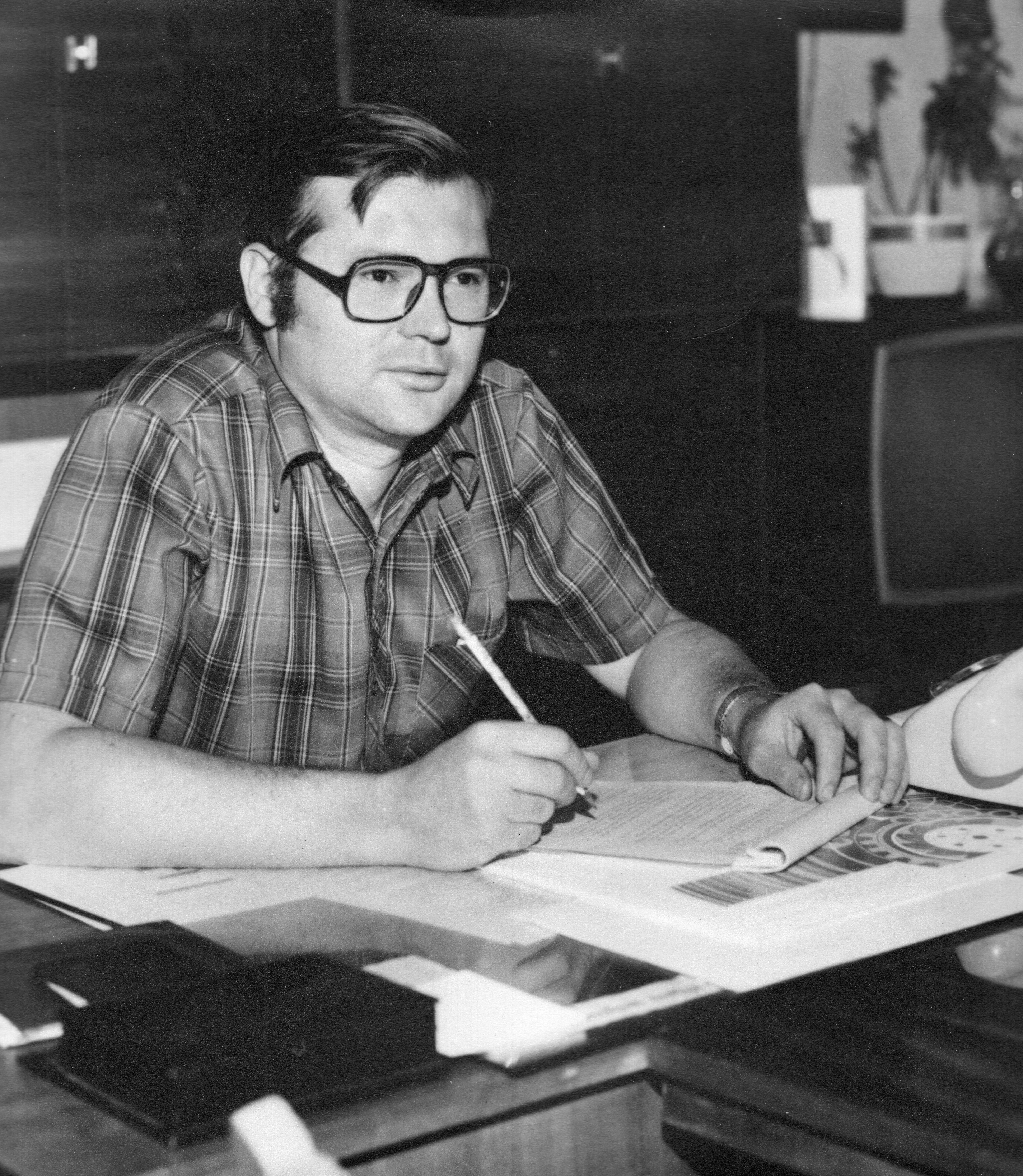Father neve forgave himself for being ashamed of yellow badge

Download image
Egon Wiener was born on 27 March 1947 in Liberec into a mixed Czech-German-Jewish family. His relatives faced various forms of Nazi persecution during World War II, but all of them survived the end of the war. After finishing a five-year primary school in Liberec-Machnín, the witness went on to study at an eleven-year high school on today’s Husova Street in Liberec, which he completed with a maturita exam in 1965. He then worked briefly as a revision worker at the national company TEXTIL Liberec. At this time, he also decided to join the Communist Party of Czechoslovakia. In 1966, he started his basic compulsory military service with the tank division in Milovice, serving the last few months in the Liberec lower barracks. Here he also witnessed the invasion of the Warsaw Pact troops on 21 August 1968, when he had to guard Ještěd and some strategic places in the centre of Liberec. Afterwards, he returned to the national company TEXTIL. After the foundation of the Czechoslovak Socialist Youth Union (SSM), he started working as a secretary of the district committee of the SSM and in 1977 he was elected its chairman. From the second half of the 1970s, the State Security kept him as an agent. He denied that he had signed a cooperation agreement with it. Egon Wiener worked as the functionary of the SSM and then of the Union of Czechoslovak - Soviet Friendship for twenty years until the Velvet Revolution, after which he began freelancing. After his retirement he became the author of many publications. At the time of recording (2022) he lived in Jablonné v Podještědí.










